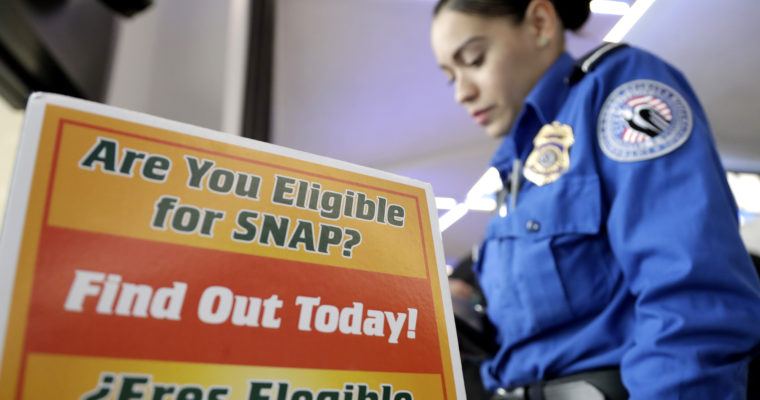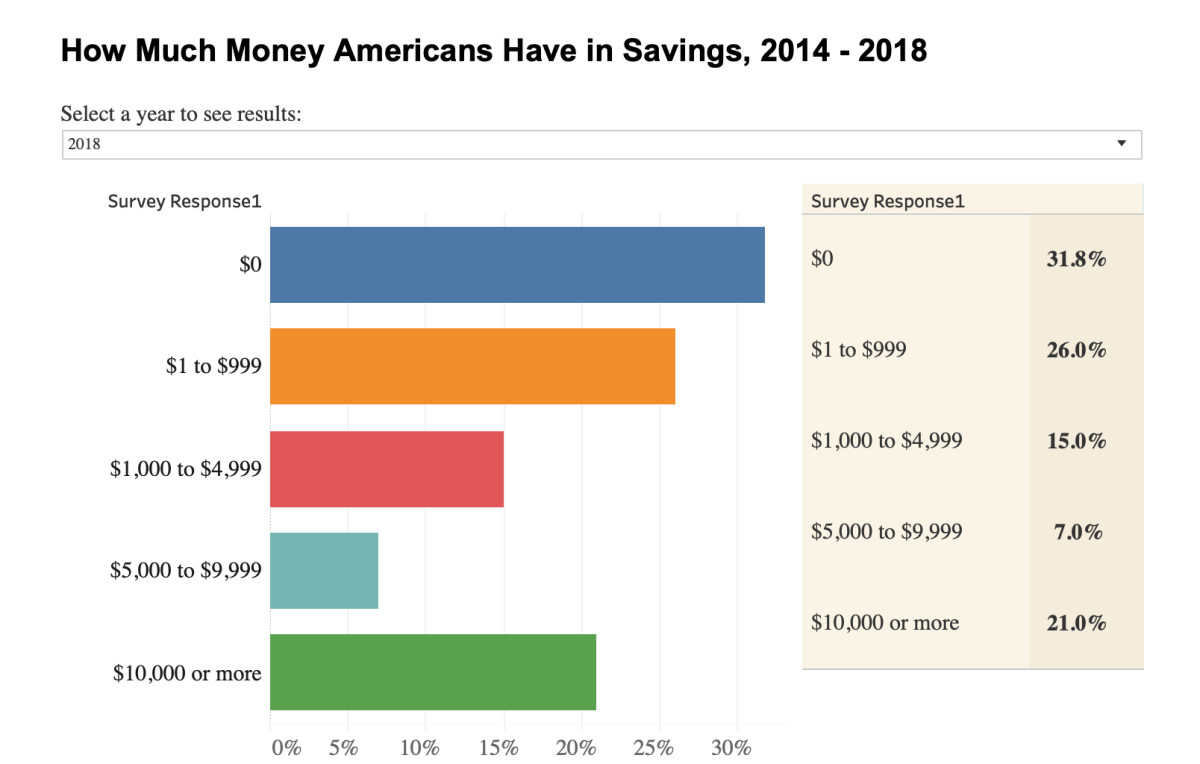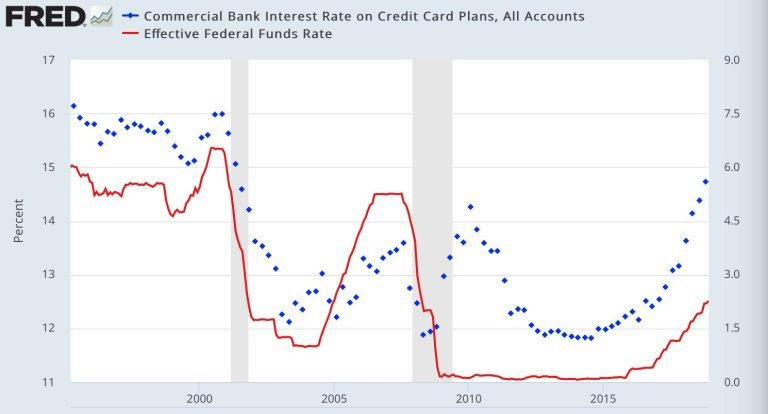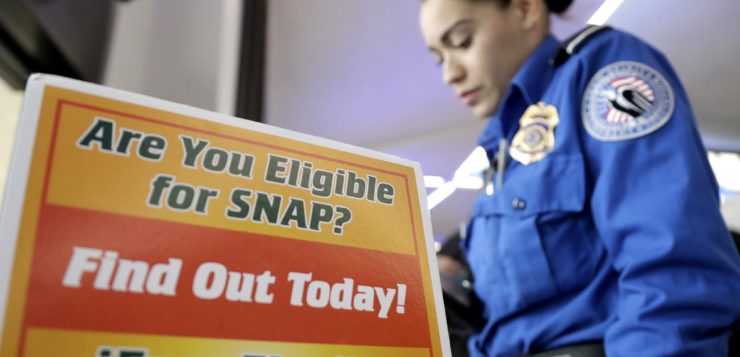
By CCN.com: Four weeks into the longest U.S. government shutdown in history, a hidden fact of the American working and middle-class reality has been revealed, with the news that thousands of furloughed federal workers are unable to meet their basic needs after missing as little as one paycheck. The implication of the available demographic data on savings is that if another recession hits – as some analysts are predicting – more than half of the country’s population is at real risk of suffering physical deprivation.
Government Shutdown Has Federal Workers Turning to Welfare & Food Banks
Earlier, CCN reported that GoFundMe CEO Rob Solomon and author Deepak Chopra jointly launched a GoFundMe campaign to assist affected federal workers with necessities like food and diapers.
There have also been numerous horror stories flying around about how unpaid federal workers are suffering due to the disruption in income. In one particularly striking anecdote, two married government workers revealed that they are currently living on a diet of Soylent, so as to be able to afford to feed their 6 month-old child while the shutdown drags on.
Barely a month into the shutdown, stories of missed mortgage and rent payments, lack of groceries, and all-around financial trouble point to one key fact – Americans do not have anything close to the amount of savings needed to deal with the impact of a recession. The damage being wreaked on personal and household finances by the government shutdown is only a foreshadowing of what stands to happen when unemployment levels rise above their current 50-year lows.
Savings Crisis a Problem for All Americans

According to data from GoBankingRates, fully 31.8 percent of Americans – nearly one-third of the country’s population – have no savings whatsoever. A further 26 percent have savings of anything from $1 to $999. In other words, 57.8 percent of the American population is literally one or two paychecks away from living the carnage being experienced by furloughed government workers.
This becomes especially dangerous when taking into account the fact that the cost of carrying the levels of personal debt that make this fraught game of financial roulette possible is certain to rise at some point. In fact, credit card interest rates have soared over the past couple of years and are now as high as they were 19 years ago.

While optimists may point to the historically low levels of unemployment as proof that a recession is still far away, the evidence suggests that it is, in fact, closer to the peak of an economic boom. The situation can reverse itself very quickly, generating unemployment rates that are significantly higher than at present. If and when that happens, the data suggests that more than half of Americans will be in serious financial trouble.
Featured Image from AP Photo/Julio Cortez




